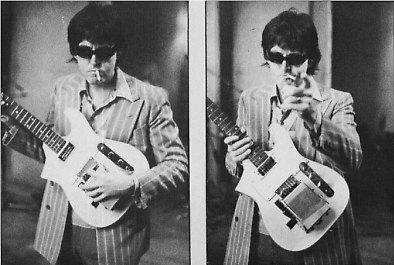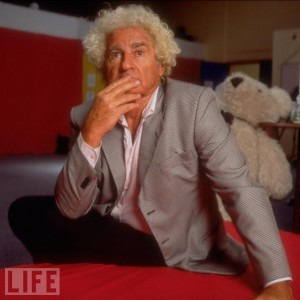I’ve been listening to the new Glen Campbell album, Ghost On the Canvas. It’s a very good, if a little uneven, album, but then I’m someone who thinks Glen Campbell could sing just about anything and I’ll find something of interest in it.
The title cut is written by Paul Westerberg and is better than anything I’ve heard from him in years, but that could be Campbell’s singing and not the song. There are other tracks by Jakob Dylan (the standout track to me) and Teddy Thompson (another great track) and Robert Pollard. It could do with the elimination of 3 or 4 cuts, but I like it just fine.
I bring it up though because of the marketing campaign behind it: “Glen Campbell went public in June with the news that he has Alzheimer’s disease, and he’s marking the twilight of his life with a surprisingly ambitious project. The country singer’s final, revealing album.” Oh, and a final tour.
Now, on the one hand, what else could or should he do? He knows his recording/performing days are numbered. He wants to make a final album (statement?). I suppose he could just record the album and tour, not reveal the Alzheimer’s, and leave like Joe DiMaggio but something more seems required. So why does this still seem somewhat distasteful to me?
Of course, when it comes to distasteful marketing campaigns for albums, nobody comes close to Melissa Etheridge:
- “Oooh, I’m a lesbian and this album is the first one I’ve felt like I could really be me on.”
- “Oooh, I’m married to the ex-wife of some actor and this album celebrates our love and life together.”
- “Oooh, my spouse and I have two children and, guess what, David Crosby is the genetic father; learn all about it in the songs from my new album.”
- “Oooh, that ex-wife of some actor left me; feel the pain on my new album.”
Poor Melissa, although, none of these campaigns seem to have done much for her career…
Any other marketing campaigns you recall unfondly?




